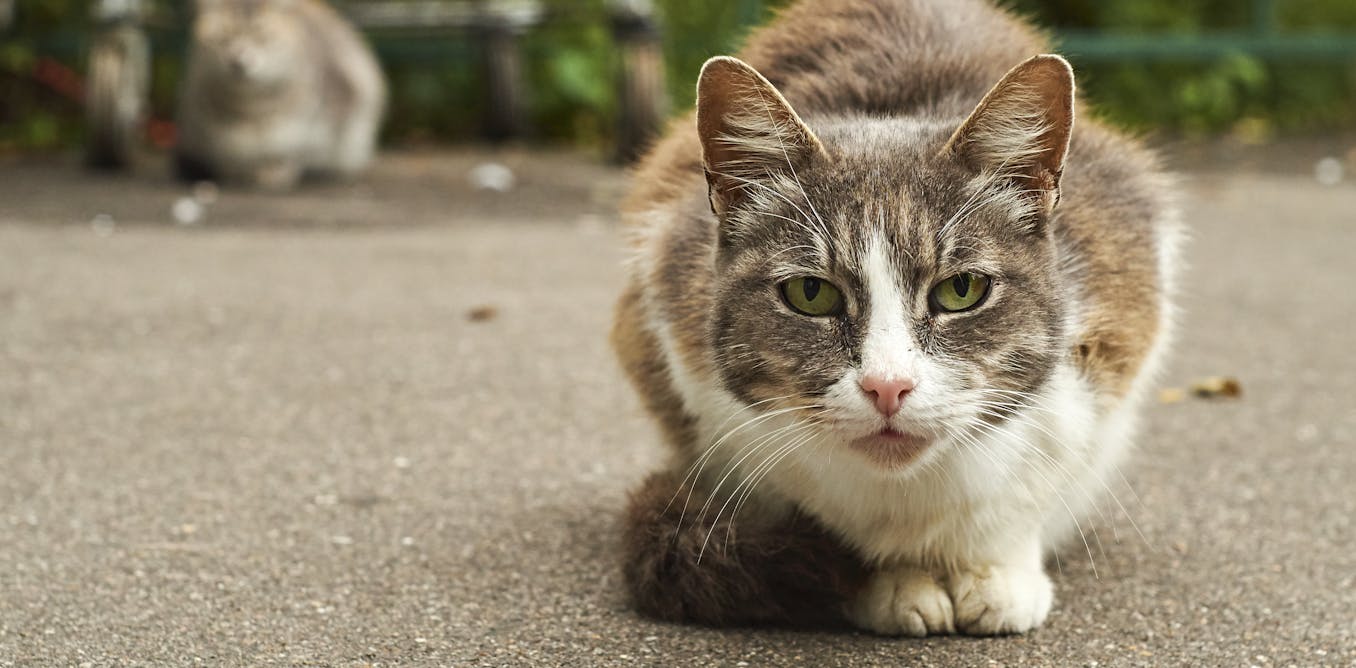Paris Olympics 2024: under immense pressure to win, athletes need to practise self-compassion
After years of training, focus and preparation, losing can be a devastating experience for athletes, so they need to develop a coping strategy – self-compassion is a good place to start.
Aug. 9, 2024 • ~6 min









